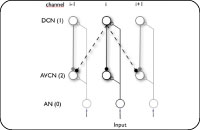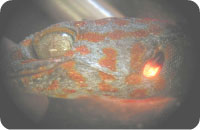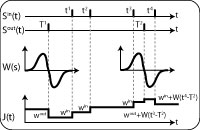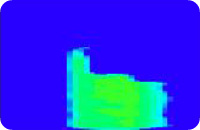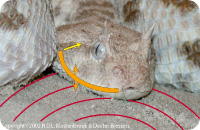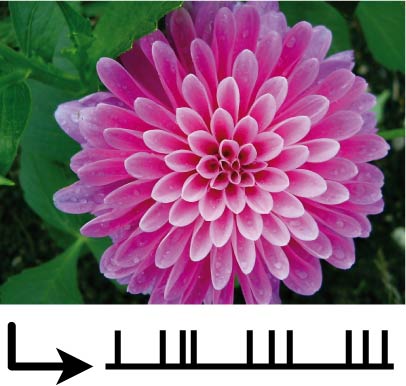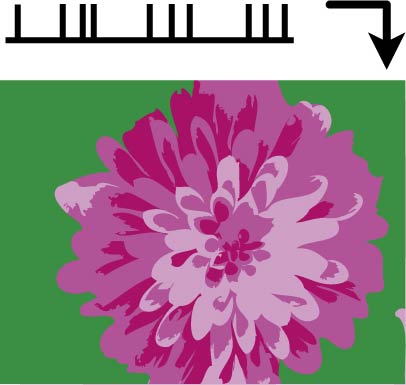
|
Research |

|

|
|
|
|
Our basic research goal is to understand the basic units of
information processing in the brain. In order to explore the
underlying universal principles we focus on sensory systems in the
animal world. We search for systems that are on the one hand simple
enough to allow a thorough understanding of the system, but on the
other hand complex enough to show interesting behavior. In this way,
we try to identify fundamental processes that underlying information
processing in the brain. Experimental verifiability always plays an
important role in our research and we prefer to work together with
experimentalists to get an optimal understanding of the problems we
are dealing with.
Achieving a mathematical understanding of these three key concepts
is not only of scientific interest, but it also is a first step to
technical applications.
We participate in the following research projects:
last modified 2010-07-06 by webmaster@Franosch.org |
